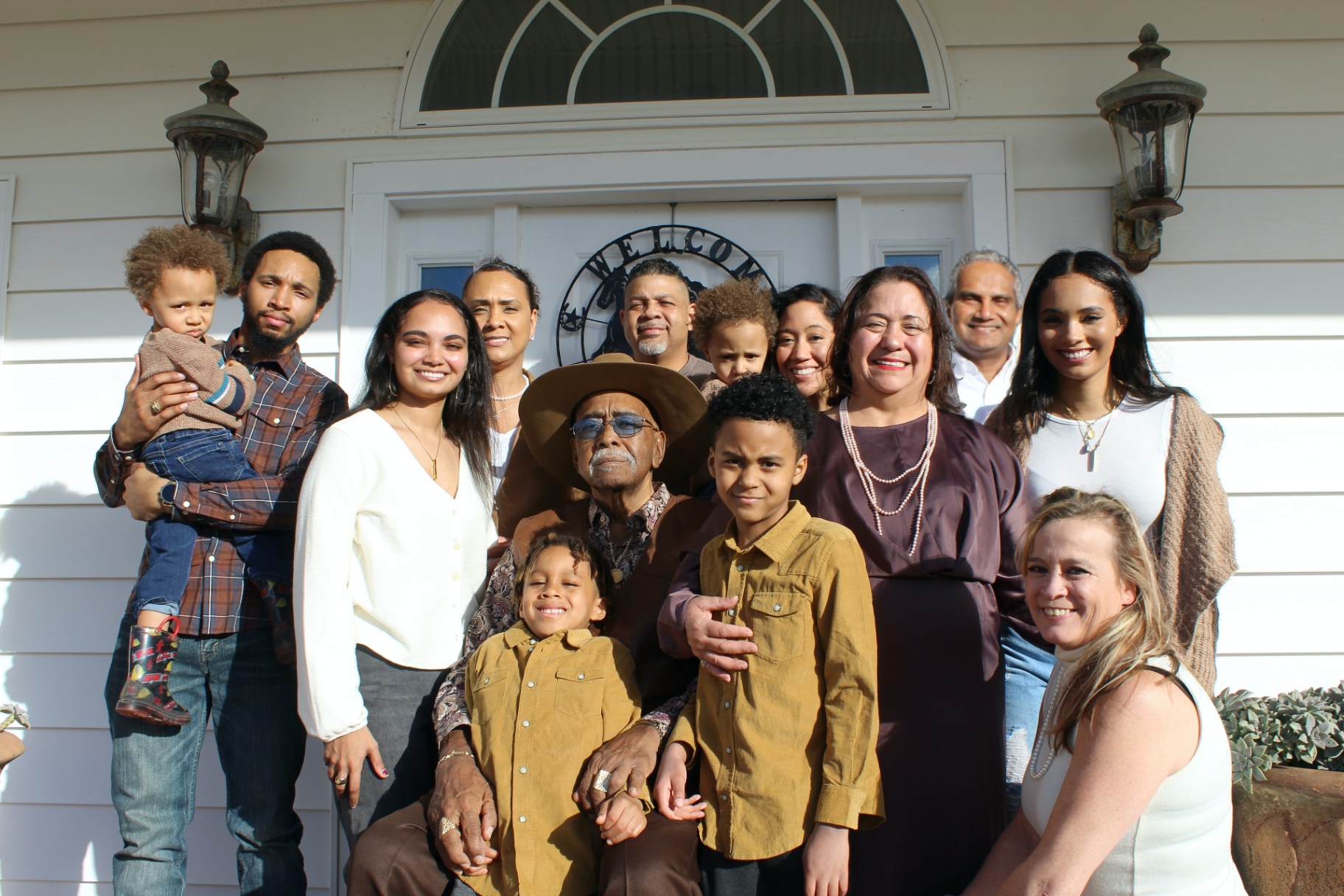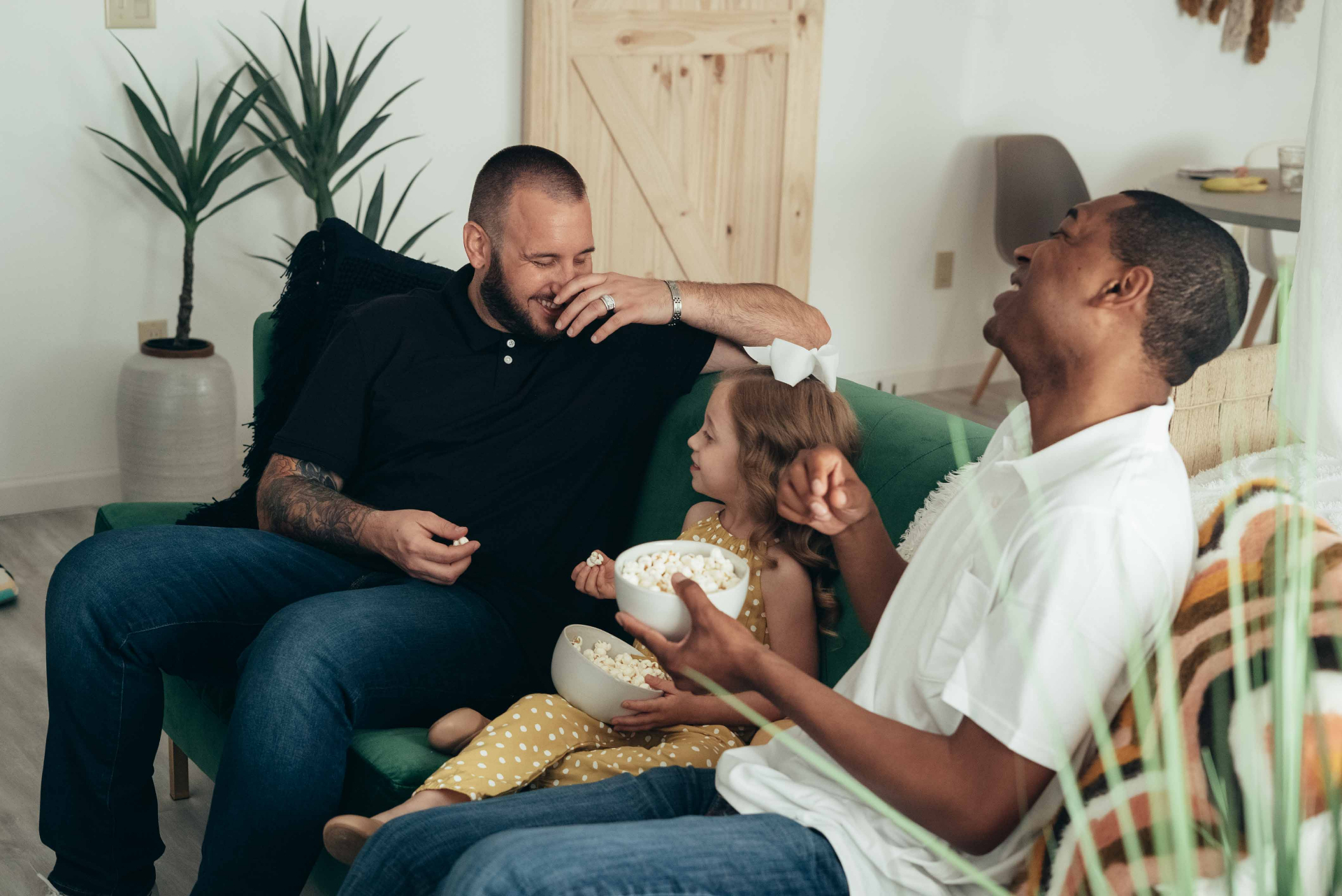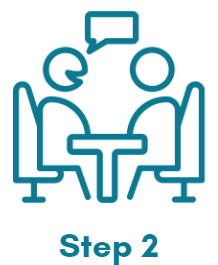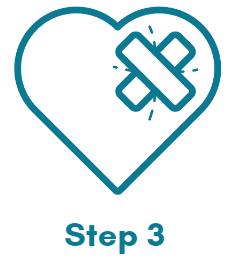At New Moon Psychotherapy, we understand that family is the cornerstone of our lives.
Family is where we find love, support, and, connection. Family also involves conflict and challenges that can feel overwhelming.
Family therapy is meant to help you navigate those challenges, strengthen your bonds, and foster a healthier, happier family dynamic.
What is Family Therapy?
 Family therapy, also known as family counseling or systemic therapy, is a specialized form of psychotherapy that focuses on the interactions, patterns, dynamics and relationships within a family unit.
Family therapy, also known as family counseling or systemic therapy, is a specialized form of psychotherapy that focuses on the interactions, patterns, dynamics and relationships within a family unit.
Family therapy recognizes that families are complex systems in which each individual’s well-being is connected to the quality of relationship and wellbeing of the entire family. Family therapy empowers families to collaboratively work through their difficulties,
During family therapy, the therapist will be a neutral party, helping you and your family members identify and address the issues that are causing distress. You will likely learn strategies to improve communication, resolve conflict, and gain a deeper understanding of one another.
What Difficulties Can Be Addressed in Family Therapy?
Family therapy can be beneficial for a wide range of challenges that impact families. Below are some common problems that bring families to therapy:
Communication Breakdown
Misunderstandings, recurring arguments, differences in opinion and difficulties expressing thoughts and emotions are common. Family therapy can help families improve their communication, learn to understand and effectively express their emotions, and listen actively and empathically.
 Conflict Resolution
Conflict Resolution
Conflict is unavoidable. Family therapy can help families understand the root of conflict in their family, learn to fight smart, and effectively resolve conflict. You can expect to learn conflict resolution and effective communication skills.
Parent-Child Issues
The parent-child relationship can be strained at different points across the life span. Family therapy can be helpful during childhood, adolescence, young adulthood, and adulthood. Topics can include, but are not limited to, rebellious behavior, experimentation/drug use, school problems, differences in opinion, processing past conflict, navigating transitions, processing past hurts, learning effective communication or parenting strategies, etc.
Mental Health
Family therapy can improve mental health in the family by providing a supportive space for emotional expression and communication. Family therapy can also offer support for families impacted by mental health concerns such as depression, anxiety, and personality disorders.
Divorce or Separation
Family therapy can provide a structured and supportive environment for all family members to navigate the complexities of divorce or separation. The family therapist will help you prioritize healthy communication, co-operation, and emotional expression, to foster resilience and emotional well-being.
 Grief and Loss
Grief and Loss
Family therapy can create a supportive and healing space for families to process grief together, fostering mutual support and understanding. Additional benefits can be reduced isolation, finding ways to honor their loved one, and adjusting to changed family roles and dynamics.
Blended Families
Each blended family is unique and the specific challenges and situations will vary. Family therapy provides a tailored approach to address the particular dynamics and needs of your family to help all members work together to address conflict, build loyalty, strengthen bonds and assist in the transition.
Trauma
Family therapy can be particularly valuable in the aftermath of a traumatic event. Family therapy can provide a safe space to explore the trauma’s impact on family dynamics, improve communication, and develop coping strategies for supporting the affected individual’s recovery.
What Can I Expect?
Family therapy will begin with an assessment to understand the family dynamics, issues, and goals.
Often, family therapists will meet with the family as a unit first and then meet with each family member individually for a more thorough assessment of each person’s experience.
Part of the assessment involves identifying treatment goals to understand what you and your family would like to accomplish during therapy.
Throughout the process, the therapist will take an active role which involves
- guiding discussion,
- mediating to ensure everyone is heard,
- teaching strategies,
- offering insight,
- correcting comments that insinuate blame or scapegoating,
- encouraging curiosity and understanding,
- creating a safe, supportive, and nonjudgmental environment,
- educating about relevant topics such as communication, parenting, child and adolescents development, challenging misconceptions, coping strategies, etc.
Sometimes, therapists will assign homework activities. This can include exercises for each family member to complete individually and/or activities for the family to complete together.
For therapy to be successful, it is important that all family members are committed and actively participate in sessions.
Frequently Asked Questions About Family Therapy
 Q: How long does family therapy typically last?
Q: How long does family therapy typically last?
A: Family therapy typically begins as weekly, 1-1.5 hour long sessions. The duration of sessions will vary depending on a variety of factors. The family therapist is always working towards providing families with the necessary tools to eventually not require therapy.
Q: Is family therapy only for “traditional” or “nuclear” families?
A: Family is family. We welcome diverse family structures including blended/step-families, polyamorous families, adoptive/foster families, and any other “non-traditional” family structures.
Q: Will our family therapist take sides or judge us?
A: Absolutely not! What makes family therapy so valuable is that the family therapist is neutral. They do not judge. Instead, the family therapist actively creates an environment conducive to understanding, connection, and positive change.
Q: Who should attend?
A: For family therapy to be most successful, it is important that all family members participate. It will be difficult to create change in the family dynamic if only a few family members attend.
Q: How can I convince my family to attend therapy if they’re reluctant?
A: It’s common for some family members to be reluctant to attend. When this happens, it can be helpful to speak openly and honestly with the family about the potential benefits of therapy and how it can positively impact your relationships and overall wellbeing. It can also be helpful to not judge or jump to conclusions about why your family member does not want to try family therapy. Approach this conversation with curiosity and compassion.





